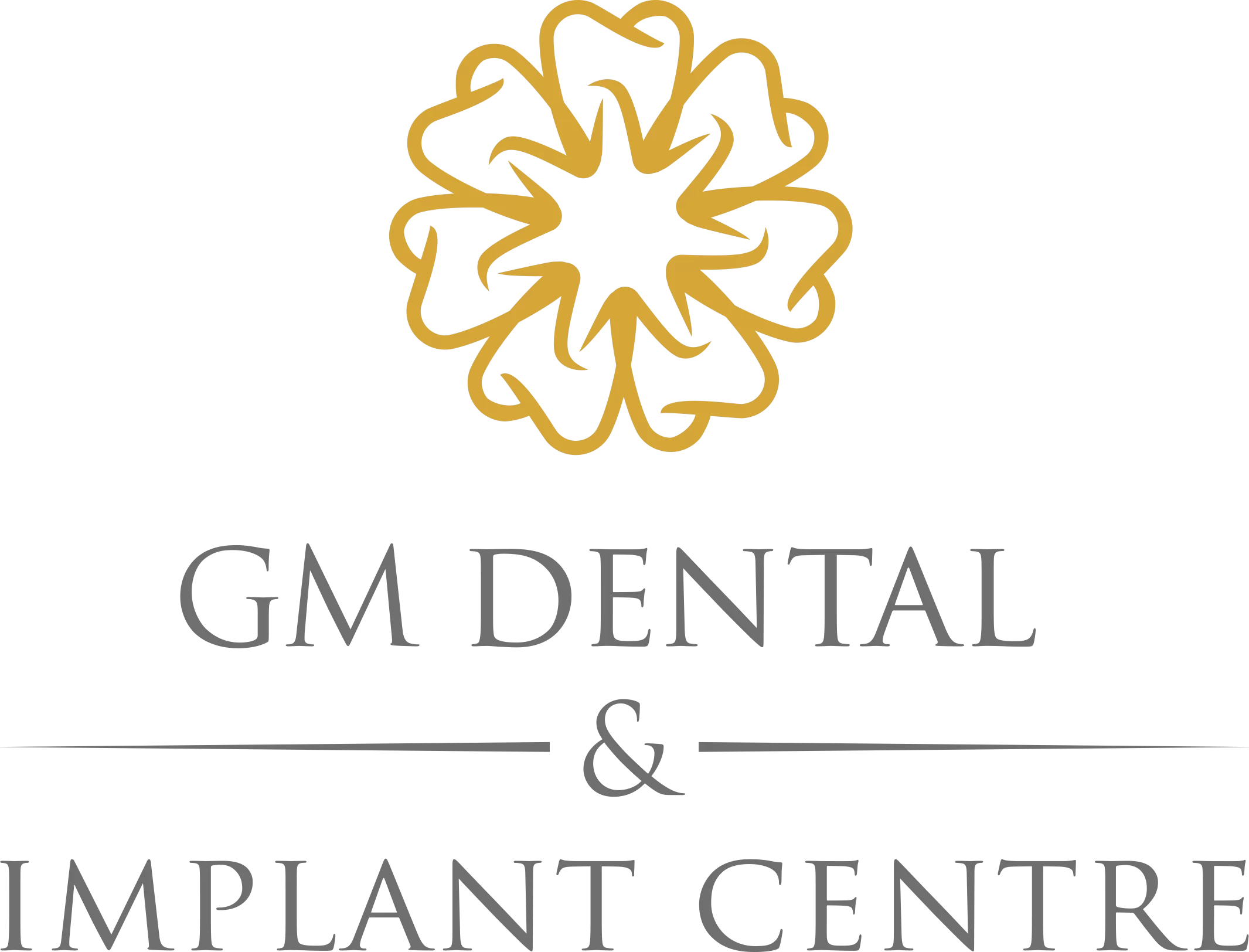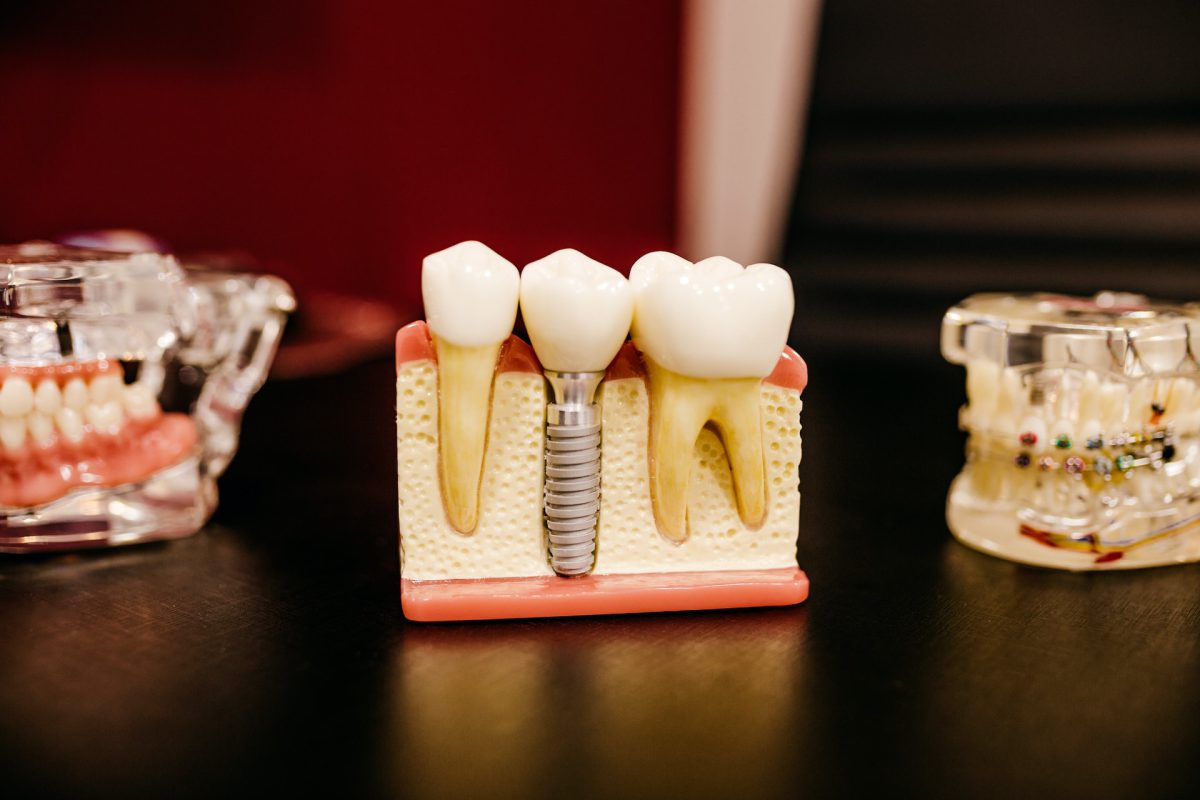Dental Implants with Gum Disease
It’s common for people to research dental implants, but what if you have gum disease? Is it still an option? The answer is yes, you can still get dental implants even if you have gum issues or periodontal disease.
Seeking advice from your dentist is crucial to ensure the best decision for your dental health. In this article, we’ll provide facts and expert advice on getting implants with gum disease. This comprehensive guide will explore the relationship between gum disease and dental implants, addressing the challenges, solutions, and steps to achieve a healthy, beautiful smile.
What is gum disease?
Gum disease, or periodontal disease, is an infection of the tissues surrounding and supporting your teeth. It’s primarily caused by plaque buildup, which is a sticky film of bacteria. Gum disease can range from mild (gingivitis) to severe (periodontitis), potentially leading to tooth loss and other serious health issues if left untreated.
Symptoms of Gum Disease:
- Red, swollen, or tender gums
- Bleeding while brushing or flossing
- Receding gums
- Persistent bad breath
- Loose or shifting teeth
The Impact of Gum Disease on Dental Implants
Dental implants require a healthy jawbone and gum tissue to ensure stability and success. Gum disease can compromise the foundation needed for implants in several ways:
- Bone Loss: Severe gum disease can lead to the deterioration of the jawbone, which is crucial for anchoring the implant.
- Inflammation: Chronic inflammation from gum disease can impede the healing process after implant surgery.
- Infection: The presence of bacteria from gum disease increases the risk of infection around the implant site, potentially leading to implant failure.
Can You Get Dental Implants with Gum Disease
The answer is yes, Gm Dental is suitable for replacing missing teeth for patients with extreme bone loss. but it requires careful planning, treatment, and ongoing care. Here’s how you can navigate the process:
- Initial Consultation and Assessment:
Dental Examination: Your dentist will conduct a thorough examination to assess the extent of your gum disease and evaluate your overall oral health.
X-rays and Scans: Imaging techniques like X-rays or CT scans will help determine the condition of your jawbone and identify any areas of bone loss. - Treating Gum Disease:
Professional Cleaning: A deep cleaning procedure called scaling and root planing can remove plaque and tartar from below the gum line.
Medications: Antibiotics or antimicrobial mouth rinses may be prescribed to reduce infection and inflammation.
Surgical Interventions: In severe cases, surgical treatments such as flap surgery or bone grafts may be necessary to restore gum and bone health.
- Preparation for Dental Implants:
Sinus Lift: For upper jaw implants, a sinus lift procedure might be needed to add bone to the area between the jaw and the sinuses.
Bone Grafting: If significant bone loss has occurred, a bone graft may be required to build up the jawbone and create a solid foundation for the implant. - Dental Implant Surgery:
Healing Period: After placement, a healing period of several months is necessary to allow the implant to integrate with the jawbone through a process called osseointegration.
Placement: Once your gums and jawbone are healthy, the dental implant can be placed. This involves inserting a titanium post into the jawbone, which acts as a replacement root for the missing tooth. - Ongoing Care and Maintenance:
Oral Hygiene: Maintaining excellent oral hygiene is crucial to prevent the recurrence of gum disease and ensure the longevity of your dental implants.
Regular Check-Ups: Frequent dental visits are essential to monitor the health of your gums and the stability of the implant.
Tips for Success
Avoid smoking, maintain a healthy diet, and reduce stress to improve your chances of a successful dental implant outcome. Smoking can hinder healing and increase the risk of implant failure, while a balanced diet rich in vitamins and minerals supports gum health and overall wellness. Managing stress boosts your immune system and enhances your body’s ability to heal effectively.
At GM Dental, we specialize in helping patients with gum disease achieve successful dental implant outcomes. Our expert team, Dr. Gaurav Mehta, is dedicated to providing personalized care and advanced treatment options.
When you come to us, Dr. Mehta and our skilled staff will thoroughly assess your oral health, develop a customized treatment plan, and guide you through every step of the process. From initial consultation to post-implant care, we ensure you receive the best possible care for a healthier smile.
Contact us today to schedule a consultation and take the first step toward a healthier smile.
Contact
Get In Touch With Us To Schedule Your Appointment Today!

